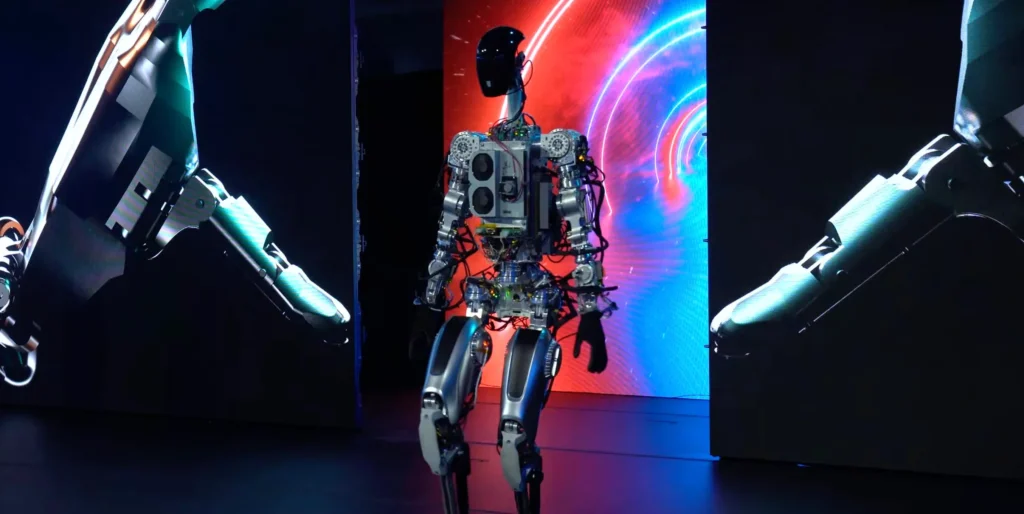Three robots have been assigned a mission in an English field: find and zap weeds with electricity before planting seeds in the cleared soil.
Small Robot Company created the robots, named Tom, Dick, and Harry, to rid land of unwanted weeds with minimal use of chemicals and heavy machinery.
Since 2017, the startup has been developing autonomous weed killers, and in April it launched Tom, its first commercial robot, which is now operational on three UK farms. The other robots are still in the prototype stage and are being tested.
Small Robot declares himself a robot. Tom can scan 20 hectares (49 acres) per day, collecting data that Dick, a “crop-care” robot, uses to zap weeds. Then it’s over to robot Harry to plant seeds in the weed-free soil.
Farmers could save up to 95% on chemical costs by using the entire system once it is up and running, according to the company.
According to the UN Food and Agriculture Organization, six million metric tons of pesticides worth $38 billion were traded globally in 2018.
“Our system allows farmers to wean their depleted, damaged soils off a chemical diet,” says Ben Scott-Robinson, co-founder and CEO of Small Robot.
Weed zapping
Small Robot claims to have raised more than £7 million ($9.9 million). According to Scott-Robinson, the company hopes to launch its full system of robots by 2023, which will be available as a service for around £400 ($568) per hectare. The monitoring robot is placed first on a farm, and the weeding and planting robots are delivered only when the data indicates that they are required.

Small Robot collaborated with another UK-based startup, RootWave, to develop the zapping technology.
“It produces a current which passes through the roots of plants through the soil and afterwards back up, totally destroying the weed,” Scott-Robinson says. We can go to every single plant that is endangering the agricultural crops and remove it.”
“It’s not as quick as if you went out and sprayed the entire field,” he says. “However, keep in mind that we only need to go into the weedy areas of the field.” Plants that are either neutral or beneficial to crops are left alone.
Small Robot refers to this as “per plant farming,” which is a type of precision agriculture in which every plant is counted and monitored.
A business plan
Efficiency remains a major challenge for Kit Franklin, a lecturer of agricultural engineering at Harper Adams University.
“I have no uncertainty that the electrical system operates,” he says to CNN Business. “A huge sprayer, on the other hand, can also cover large numbers of hectares each day… Unless we choose to go into this extremely precise weed killing system, we can and should recognize that there is still a significant output decrease that’ll be tough to achieve.”
Franklin, on the other hand, believes farmers will adopt the technology if they see a business case for it.
“There’s a growing realization that farming in an environmentally friendly way is also farming in an efficient way,” he says. “Using fewer inputs where and when we need them will save us money and be good for the environment and farmer perception.”
Small Robot wants to improve soil quality and biodiversity as well as reduce chemical use.
“You ignore the complexity of a living environment if you treat it like an industrial process,” Scott-Robinson says. “We need to change farming now, or there will be nothing to farm.”







